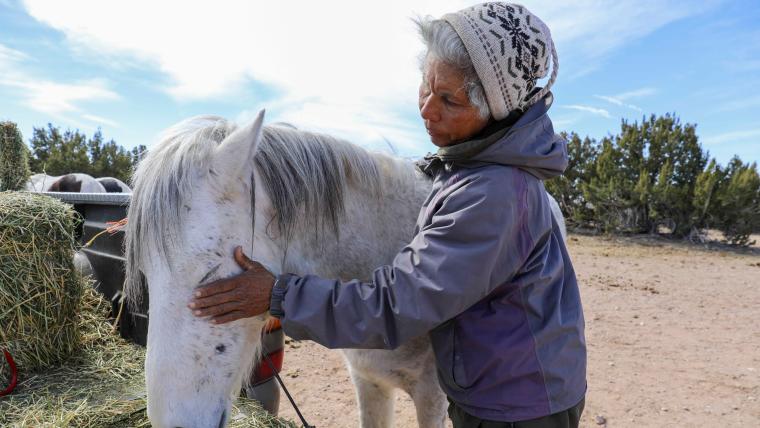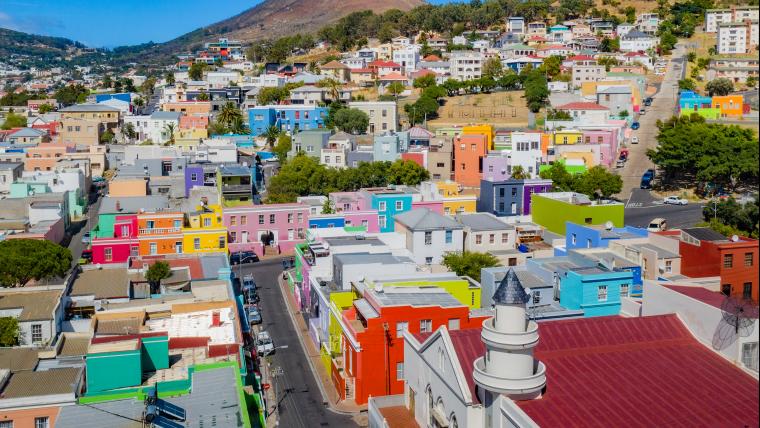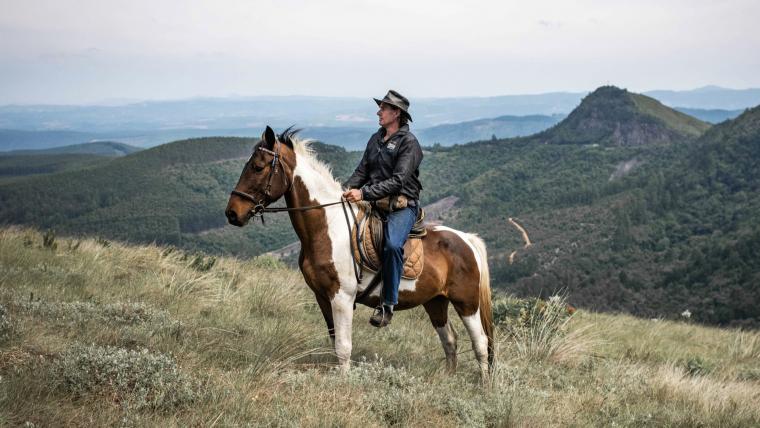
How the custodians of this lake have preserved its sacred nature
Lake Fundudzi is shrouded in mystery. Beneath its surface lie secrets that few will ever know. These expansive crystalline waters are sacred to Venda people. To see the lake, you have to turn your back to it, bend over, and peer through your legs. The custom, called ukodola, is a sign of respect. Formed over 10 000 years ago by a landslide, Lake Fundudzi is the site of legends.
Beneath the Soutpansberg mountain range in northern Limpopo, this lake is the meeting point of the Mutale, Godoni, and Muiladi rivers. The Vhatavhatsindi clan, or People of the Pool, act as custodians of Fundudzi and host ceremonies along its banks. It’s said to be the home of the spirits of their ancestors, who are protected by a white crocodile. In 2014, Lake Fundudzi was declared a National Heritage Site. Guarded by local communities, the area is shielded from human encroachment and can retain its natural state. To venture near the water’s edge requires permission from the chief of Thononda village. A lookout point provides the best view from a respectful distance.
This isn’t the only sacred place in the area. Five kilometres from the lake is Thathe Vondo, known as the Holy Forest. A cautionary sign greets those who wish to enter: “The Tshidzivhe people would like you to respect this forest as it is part of their cultural heritage. You are allowed to drive or walk through the forest on condition that you stay on the road.” Deep within the verdant thicket is the burial ground of former chiefs. A white lion, the spirit of Chief Nthathane, is believed to guard the graves. Robins and greenbuls flutter between towering yellowwoods and emerald ferns, hidden by the camouflage of trees. If there’s a flash of red, it may be a hint of the stealthy Knysna turaco.
To experience this region of Limpopo is to be steeped in a captivating landscape and enduring culture. Lake Fundudzi and Thathe Vondo Forest are held in the hearts of Venda people as sites of spiritual significance. For all who come here, these phenomena must be respected. A two-hour drive from the Kruger National Park, the area is one of the few places in South Africa still protected from human influence. Passing down beliefs and traditions over generations preserves the country’s natural inheritance.






























Please sign in to leave a comment